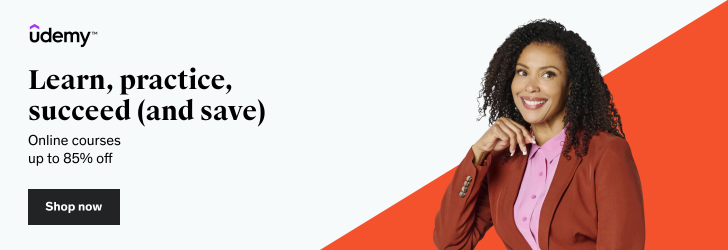Description
What you’ll learn
-
Understand fundamental economic principles and theories
-
Grasp the basics of psychological theories related to economics
-
Explore how cognitive biases influence economic decisions
-
Analyze the impact of emotions on consumer behavior
-
Examine the role of social influences on market dynamics
-
Apply psychological insights to predict market trends
-
Develop skills to craft effective marketing strategies
-
Enhance personal financial decision-making abilities
Behavioral economics bridges the gap between traditional economic theories and the complexities of human behavior, providing profound insights into how people make decisions in real-world situations. This course offers a comprehensive introduction to the field of behavioral economics, equipping students with the knowledge to understand and apply these concepts in various economic, business, and policy contexts.
The course begins by defining what behavioral economics is and exploring its significance in understanding economic decision-making. You will learn how behavioral economics challenges traditional economic theories, which often assume rational behavior, by incorporating psychological insights that reveal how people actually make decisions. This foundational knowledge is essential for anyone interested in understanding the true drivers of economic behavior and improving decision-making processes.
Next, the course delves into key concepts in behavioral economics, such as heuristics, biases, and the role of emotions in decision-making. You will explore how these psychological factors influence economic choices, often leading to deviations from rational behavior. By understanding these concepts, you will gain practical insights into how people make decisions in various contexts, including personal finance, business strategies, and public policy design.
A critical part of the course is the comparison between traditional economic theories and behavioral economics. You will study how traditional theories often assume that individuals act in their best interest with full information, while behavioral economics takes into account the limitations of human cognition and the influence of social and emotional factors. This section will help you appreciate the strengths and limitations of both approaches and understand how integrating behavioral insights can lead to more effective outcomes in business and policy.
The course also explores the psychological factors that drive economic decisions, with a particular focus on heuristics and biases. You will learn about common cognitive shortcuts people use to make decisions and how these can lead to systematic errors. Understanding these biases is crucial for identifying potential pitfalls in decision-making and developing strategies to mitigate their effects.
The role of emotions in decision-making is another key area covered in the course. You will study how emotions such as fear, optimism, and regret influence economic choices, often in ways that traditional economic models cannot predict. This section will provide you with a deeper understanding of how emotions shape financial decisions, consumer behavior, and policy responses.
Nudges and behavioral interventions are also an important focus of the course. You will explore how subtle changes in the environment or presentation of choices can significantly influence behavior, leading to better outcomes in areas such as health, savings, and sustainability. This section will equip you with practical tools for designing and implementing behavioral interventions that promote positive economic and social outcomes.
Throughout the course, you will develop a comprehensive understanding of the principles and applications of behavioral economics. You will gain the ability to analyze decision-making processes, identify behavioral patterns, and apply behavioral insights to improve outcomes in business, policy, and everyday life.
By the end of the course, you will have a deep understanding of how psychological factors influence economic decisions and how to leverage these insights to enhance decision-making. This course is ideal for students, professionals, and anyone interested in understanding the complexities of human behavior in economic contexts and applying behavioral economics to real-world challenges.
Who this course is for:
- Business leaders seeking to enhance decision-making skills and predict market trends
- Marketers aiming to understand consumer behavior and craft effective strategies
- Policy-makers looking to design impactful policies for better societal outcomes
- Financial analysts wanting to minimize risk and maximize investment returns
- Economics students interested in the intersection of psychology and economic theory
- Entrepreneurs eager to leverage behavioral insights for business growth
- Academics and researchers focused on the study of economic behaviors
- Professionals seeking personal enrichment through better financial decisions and communication






Reviews
There are no reviews yet.